Title: Overcoming Language Barriers: The Art of Translation
In today's globalized world, effective communication across language barriers is essential for success in various fields, including business, diplomacy, literature, and more. Translation plays a crucial role in overcoming these language barriers, but it's important to recognize its challenges and limitations.
1.
The Art of Translation
Translation is more than just converting words from one language to another; it's a complex art that requires a deep understanding of both the source and target languages. A skilled translator must not only be fluent in the languages involved but also possess cultural intuition and awareness to accurately convey the nuances of the original text.
2.
Challenges in Translation
Linguistic Nuances
: Languages often have idiomatic expressions, wordplay, and cultural references that may not have direct equivalents in other languages. Translators must navigate these nuances to ensure the message's integrity.
Context and Tone
: Translating the intended tone of a message can be challenging. A joke in one language may fall flat in another if not carefully adapted, and the context in which certain words are used can greatly impact their meaning.
Technical and Specialized Content
: Translating technical, legal, or medical documents requires expertise in the relevant terminology to ensure accuracy.3.
Strategies for Effective Translation
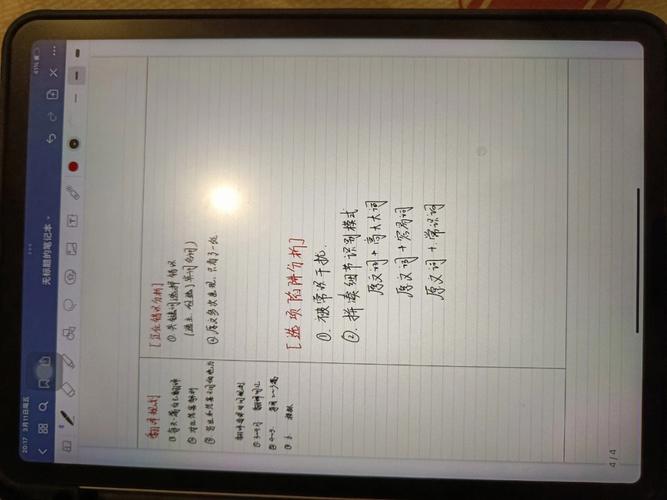
Transcreation
: In cases where a direct translation may not effectively convey the original message, transcreation involves reimagining the content in a way that resonates with the target audience while maintaining the core intent.
Collaboration
: Utilizing teams of translators and editors, especially for large or highstakes projects, can ensure a more comprehensive and accurate translation.
Technology
: Translation memory tools and machine translation can aid in consistency and efficiency, but human oversight remains crucial for quality control.4.
IndustrySpecific Considerations
Business
: In the business world, accurately translated documents, marketing materials, and contracts are vital for international trade and partnerships.
Diplomacy
: Translators in diplomatic settings must maintain neutrality and accurately convey the intentions of the speakers, playing a pivotal role in international relations.
Literature
: Literary translation requires a deep understanding of cultural contexts and literary styles to preserve the artistic and emotional impact of the original work.5.
The Future of Translation
AI Advancements
: Artificial intelligence and machine learning are increasingly used in translation, offering efficiency but also raising questions about preserving the human touch in language and culture.
Global Collaboration
: In a connected world, collaboration among translators from different linguistic and cultural backgrounds can enrich the quality of translations and promote crosscultural understanding.In conclusion, while translation is indispensable for bridging language gaps, it is a nuanced and intricate process that demands expertise and sensitivity. Embracing the challenges and adopting effective strategies can ensure that the art of translation thrives in an everevolving, multilingual world.



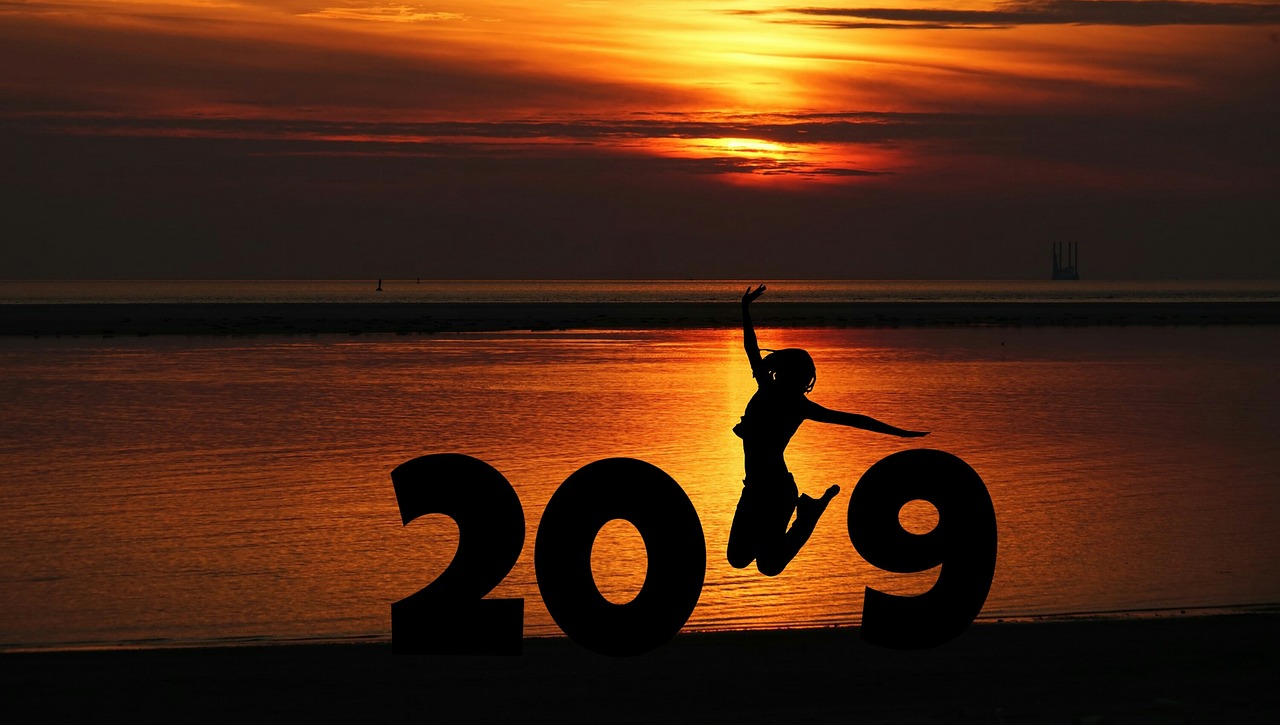
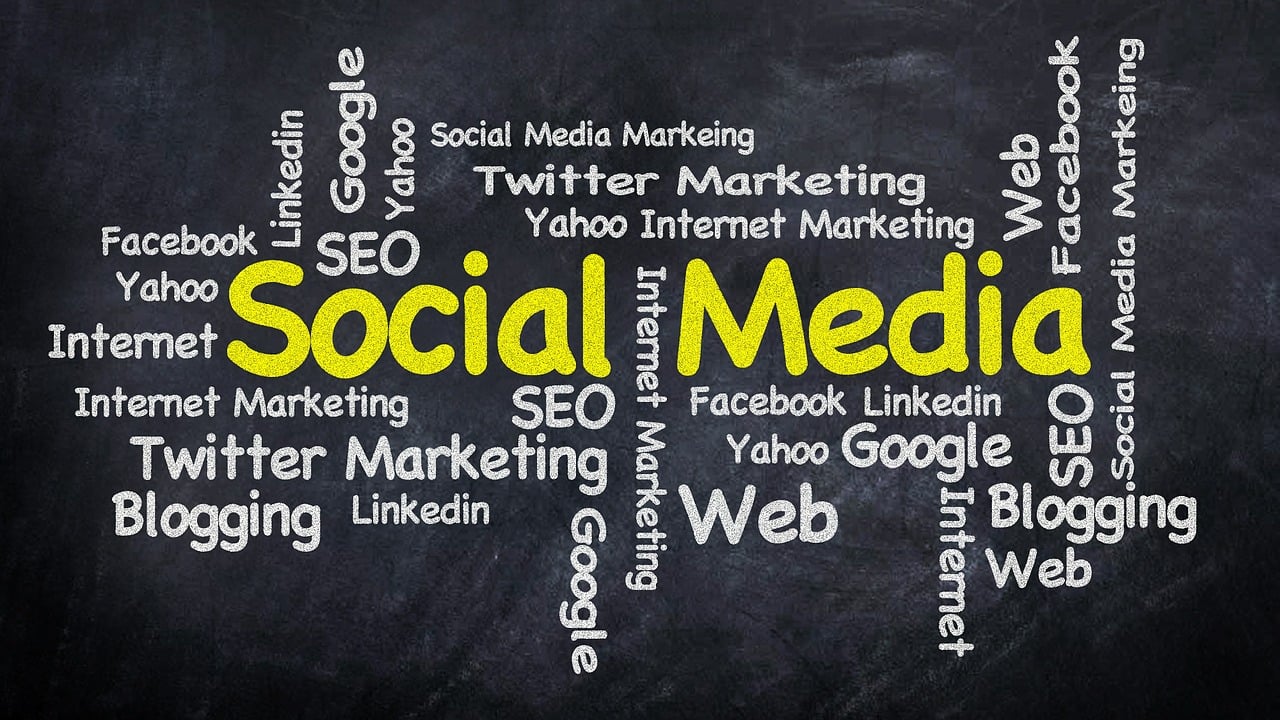
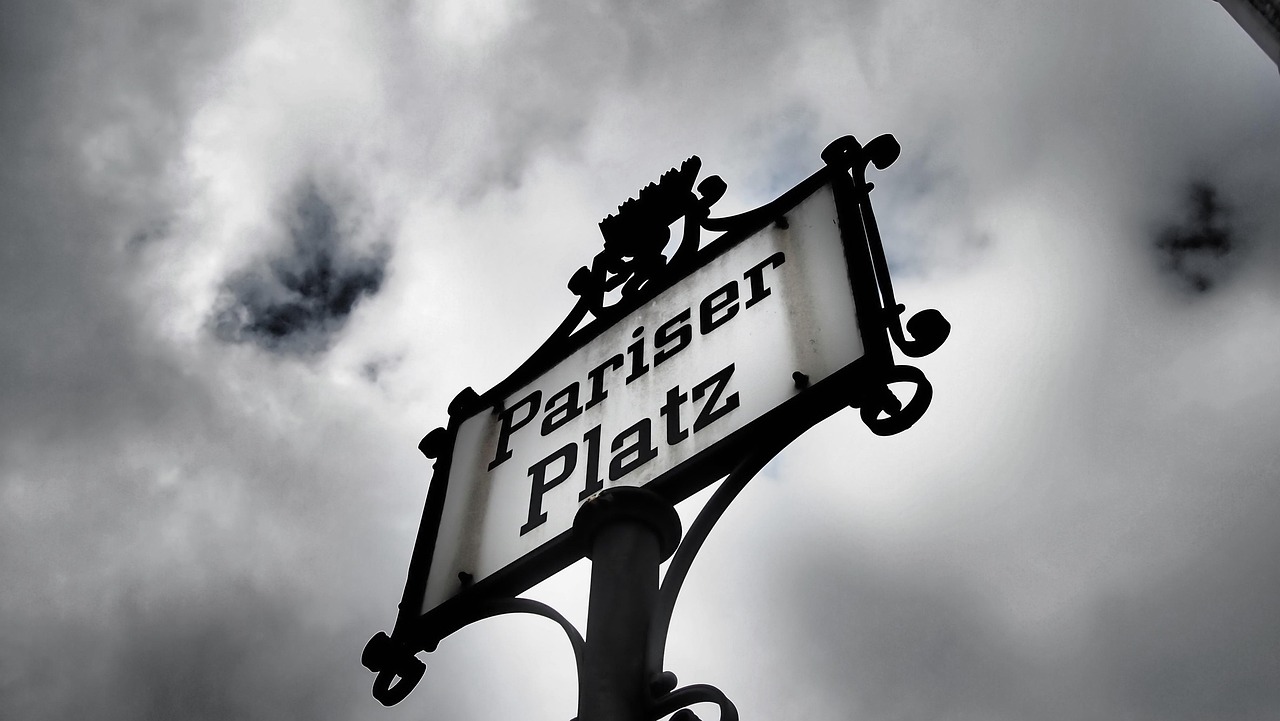

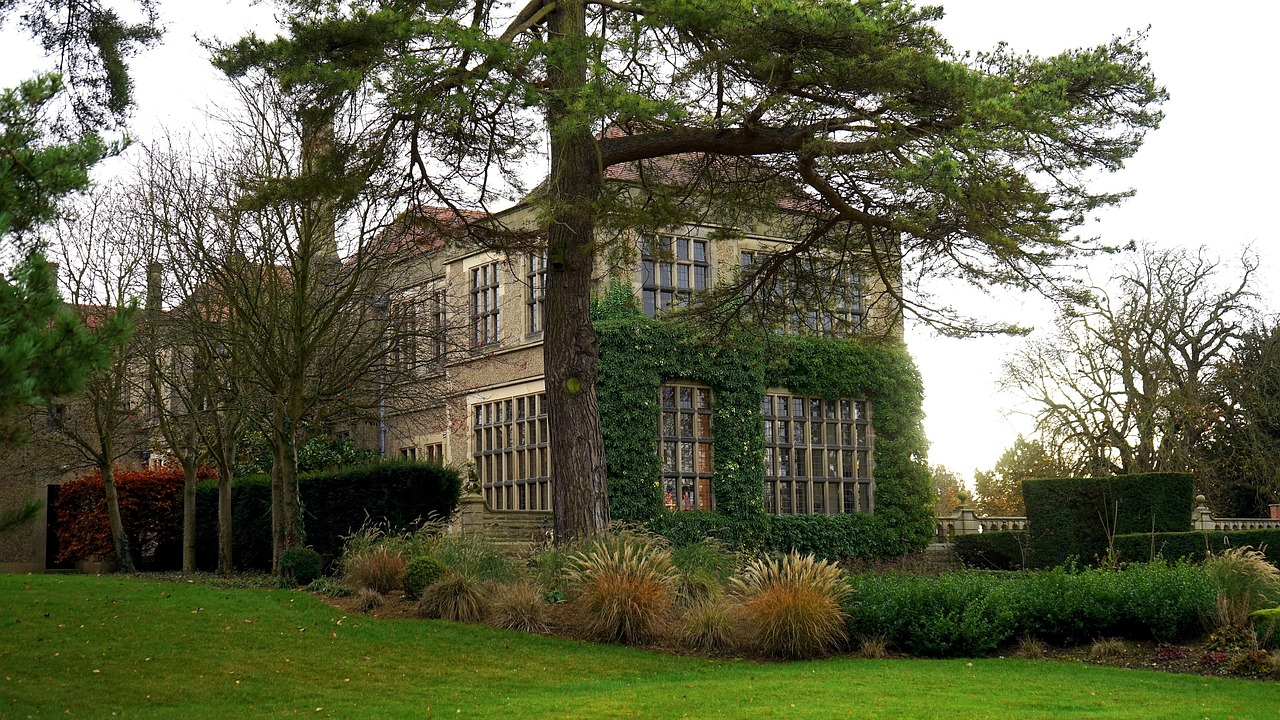




评论